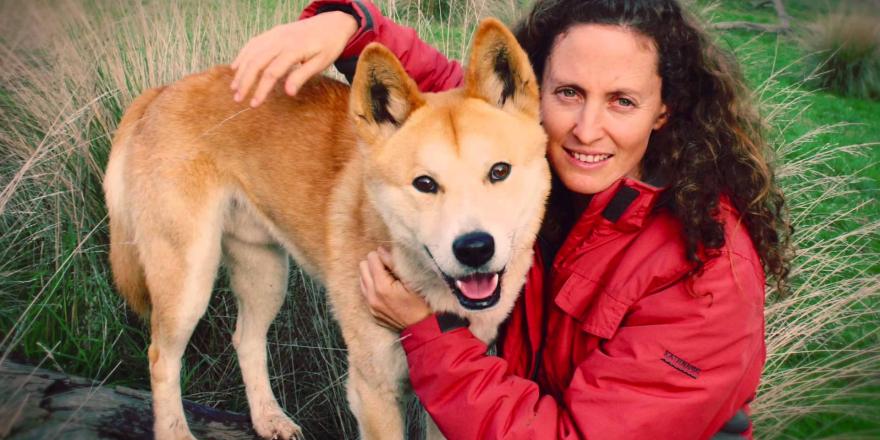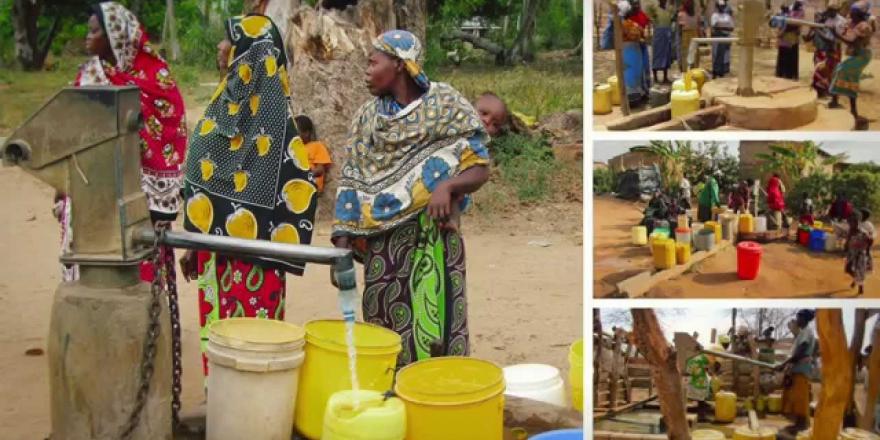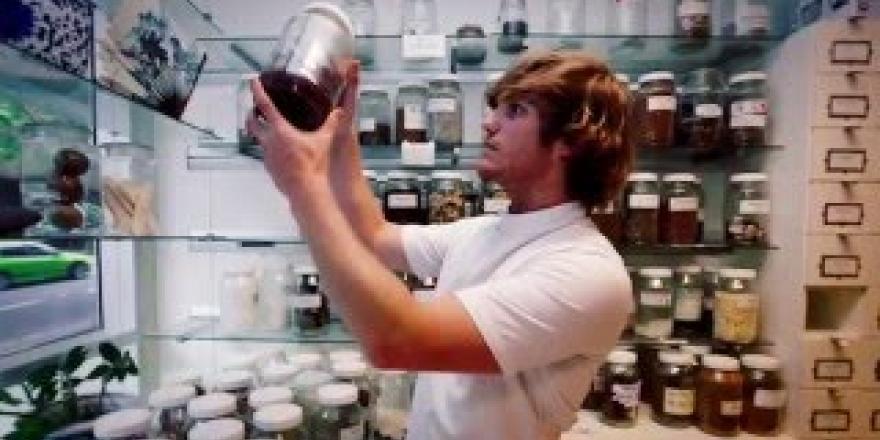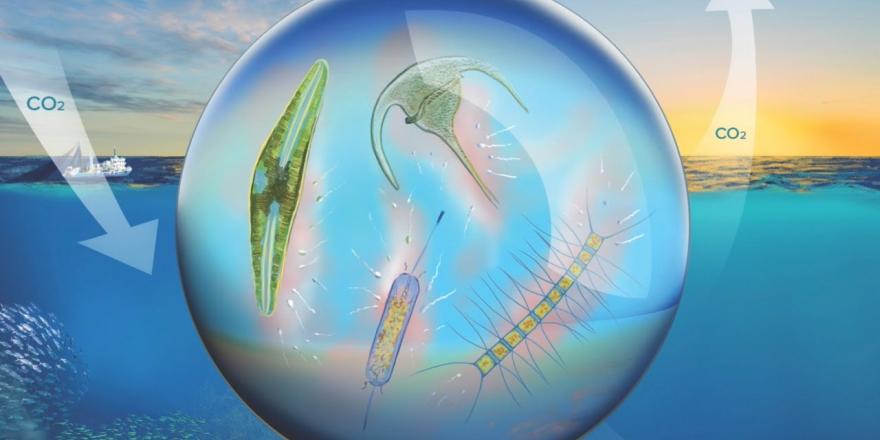Arian Wallach

Transcript for video "Do apex predators enable native–non-native coexistence?"
My name is Arian Wallach. I’m a Chancellor’s Postdoctoral Research Fellow at the Centre for Compassionate Conservation.
I’m interested in how big predators help modern ecosystems that have a mix of native species, like kangaroos, and introduced species, like rabbits, coexist, rather than killing species that we consider a problem.
I was studying the ecological role of dingoes. It was the one area of research in conservation that was very much moving from a paradigm of controlling wildlife to one of coexistence with wildlife.
This research is important in my view because it informs the way we engage with nature by transitioning from killing animals that we consider pests to embracing our novel ecosystems. We’re moving species all around the planet – you know, there are Australian camels and there are apparently even hippos in South America. How are these ecosystems going to continue to flourish? Is this in itself a form of flourishing?
Dr Arian Wallach’s (Centre for Compassionate Conservation, Faculty of Science) research is focused on how large predators are helping biodiversity flourish in the Anthropocene. Australian wildlife are as cosmopolitan as we are, and as species from overseas have established across Australian landscapes, some native species have declined. Killing introduced species has been the main response to this problem, but there may be another way which provides better outcomes both for threatened wildlife and the welfare of introduced species. This new compassionate approach is the conservation of large predators such as dingoes.
Tim Foster

Transcript for video "Rural water entrepreneurs in developing countries: Prevalence, Predictors and Prospects"
My name’s Tim Foster, and I’m a Chancellor’s Postdoc at the Institute for Sustainable Futures. My project will be focusing on water supplies in rural areas of Asia and Africa, particularly trying to understand what are the conditions that are needed to make those water supplies operate and function forever.
So there are two things that really attracted me to this research. The first is access to safe water is critically important to the health and welfare of billions of people around the world. The second thing that really attracted me to it are the interesting places and people you get to meet whilst doing this research.
The research is really important because there are hundreds of millions of people around the world, in Asia and Africa particularly, that lack access to safe water, and that obviously has big impacts on their health, infant mortality, but also on their welfare and economic opportunities.
So my research over the last few years has focused on how communities can act collectively, and what are the factors that determine their success. And there are both environmental and social factors that play a massive role in the outcomes for communities, and whether or not they can keep their water supply operational.
Ideally the outcome of my research would be more sustainable water supplies in Asia and Africa. So providing some insights and lessons for policymakers, decision makers, and implementers to actually set up sustainable systems, so when water supplies are put in they operate and function forever.
The overarching motivation for Dr Timothy Foster’s (Institute for Sustainable Futures) research is to improve the coverage and sustainability of safe water supplies in developing countries. The specific focus of his work at UTS will be to examine success factors and water security implications of entrepreneurial approaches to rural water service provision in Asia and Africa. In doing so, he hopes to provide the evidence base for policy-makers and practitioners to facilitate more effective market-based approaches than can accelerate progress towards the goal of safe water for all.
Romy Lauche

Complementary medicine informal health care video transcript
Dr Romy Lauche
Australian Research Centre in Complementary and Integrative Medicine (ARCCIM)
My name is Dr Romy Lauche and I work for the Australian Research Centre in Complementary and Integrative Medicine at the Faculty of Health. My Chancellor's Post Doc research project is about the health complementary medicine and informal healthcare use in older Australian women with anxiety and depression. I'd say it's like the iceberg you know? Above the water you have all those practitioner-based therapies but all the other techniques and methods that are used by the patients are actually hidden underneath the water. Over the counter herbal medications, vitamins and supplements but also yoga classes, meditation classes and things like that.
Our project will examine the use of those complementary medicines, informal healthcare practises in older Australian women with anxiety and depression. I was working with a lot of patients suffering from chronic diseases and in that sample, the self-care techniques were actually very important so I was intrigued by those methods – they were easily accessible, they were cheap but usually they were underestimated.
Being able to work in the Australian Research Centre in Complimentary and Integrative Medicine is one of the biggest opportunities for me because ARCCIM is the world-leading centre for public health research especially in the field of complementary medicine research. What I hope to achieve with my research is to get a better understanding of those informal healthcare practises and the next step would be to really take those research findings, bring them back to the communities, to the patients and all others involved – stakeholders – to make a good use of them finally to transform the healthcare system to provide the best healthcare for the patients.
Dr Romy Lauche's research investigates complementary medicine informal health care (CM IHC) use amongst older adults with depression and anxiety, specifically, the challenges and opportunities for community health, the Australian health system and contemporary public health. Her research project — the world’s first in-depth, coordinated empirical study of CM IHC use for depression and anxiety in older adults – will provide findings of direct impact and significance for patients, communities, practitioners, health managers and policymakers.
Jean Baptiste-Raina

Transcript coming soon
Marine microbes are the unseen engines that drive the oceanic carbon cycle, which ultimately feeds the base of the marine food web and regulates global climate. However, technical limitations have restricted our ability to identify the ‘key-stone’ microbes most responsible for driving ocean carbon cycling, and to measure the chemical consequences of their activities. This project, undertaken by Dr Jean Baptiste-Raina (Climate Change Cluster, Faculty of Science), will combine new approaches in microfluidics, chemistry and oceanography to quantify carbon uptake by individual microbes in the ocean. This approach will advance our understanding of microbe-mediated chemical cycling processes to support our marine fisheries and monitor climate into the future.

